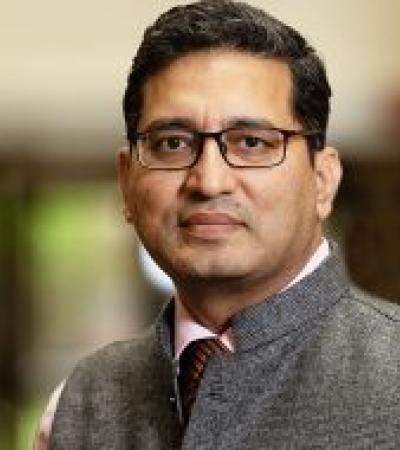Training Teachers in Curiosity-Based Science Pedagogy in India
Grants to Support Faculty Fellows' Research
This project evaluates a curiosity-based science teacher training program implemented across 150 government schools in Fatehpur, Uttar Pradesh. Despite India's advances in school enrollment, learning outcomes—particularly in science—remain low. Using a randomized controlled trial, we will assess how curiosity-driven pedagogy impacts student learning, critical thinking, and reduces gender and caste disparities. The intervention involves monthly workshops for grades 6–8 science teachers, promoting inquiry, hands-on learning, and scientific thinking. This study aligns with India’s National Education Policy 2020 and the Kellogg Institute’s focus on human development and social equity. Collaborating with the Agastya Foundation and local government, we will measure outcomes using student assessments, classroom observations, and teacher surveys. The research aims to generate rigorous evidence on scalable educational interventions in low-resource settings and produce actionable insights for policymakers and educators in the Global South. Results will inform strategies to foster inclusive, quality science education across developing regions.






